 Timothy Hunt to take helm of ARM as new CEO
Timothy Hunt to take helm of ARM as new CEO
The Alliance for Regenerative Medicine (ARM) has announced that Timothy Hunt will succeed Janet Lambert as chief executive officer (CEO) of the Washington, DC-based advocacy organization, which represents the cell and gene therapy industry. Read More
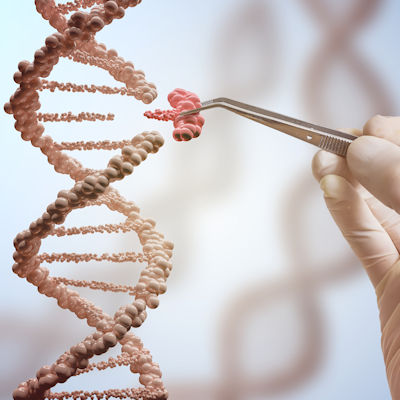 ‘Jumping gene’ affects immune system response, helps mice survive virus infections
‘Jumping gene’ affects immune system response, helps mice survive virus infections
Australian researchers have learned a particular transposable element, a “jumping gene,” has a profound effect on the immune response to virus infection, at least in mice. Read More
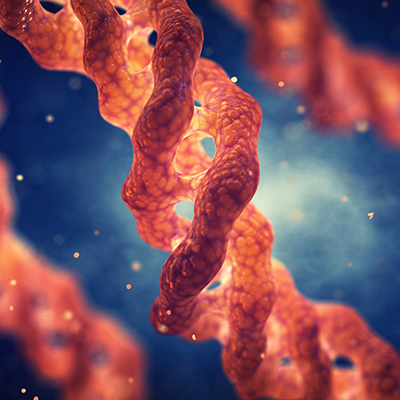 High type of collagen equals higher metastasis
High type of collagen equals higher metastasis
High levels of collagen type XII can make tumors more aggressive and trigger metastasis, according to research from the Garvan Institute of Medical Research in Australia. Read More
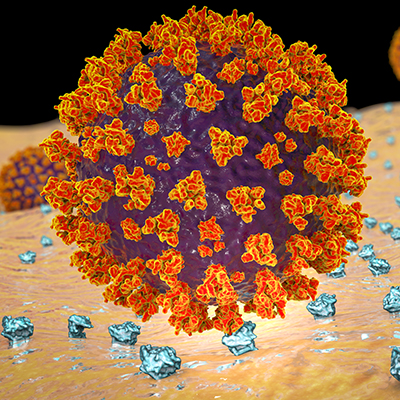 Antibodies create broad SARS immune response: study
Antibodies create broad SARS immune response: study
Scientists from Scripps Research have discovered certain antibodies are capable of immunity against many different SARS-CoV-2 variants, as well as other SARS viruses like SARS-CoV-1. Read More
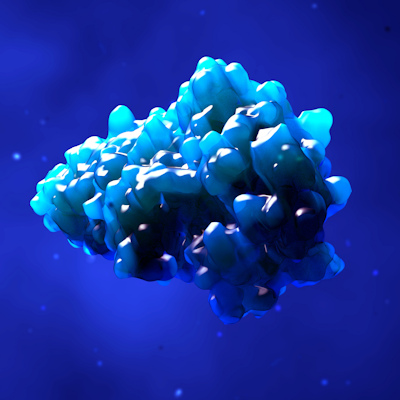 Protein key to diagnosing, treating some cancers
Protein key to diagnosing, treating some cancers
The pathway of a certain protein could lead to early diagnosis and targeted treatment of several cancers and brain disorders, according to Queen’s University Belfast in Northern Ireland researchers. Read More
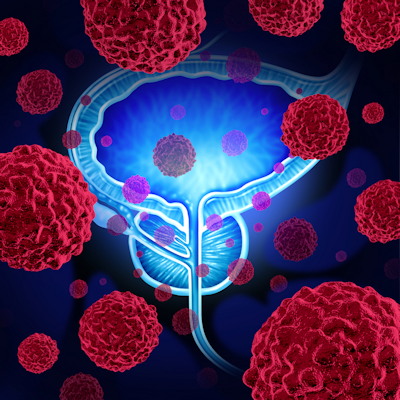 Spatial transcriptomics enables genetic mapping of tumors, revealing how cancers grow
Spatial transcriptomics enables genetic mapping of tumors, revealing how cancers grow
Using spatial transcriptomics, researchers have created a cross-sectional map of a whole prostate, including areas of healthy and cancerous cells, providing genetic mapping of tumors that reveals how cancers grow. Read More
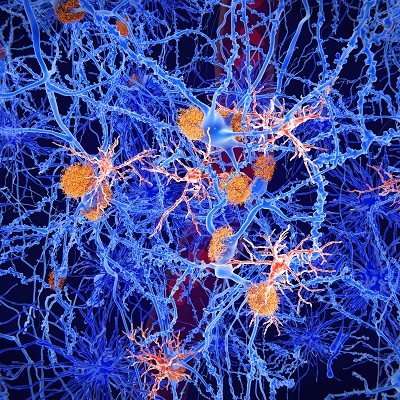 Researchers further understanding of microglia, immune cells that reside in the brain
Researchers further understanding of microglia, immune cells that reside in the brain
Harvard University and Broad Institute of Massachusetts Institute of Technology scientists have furthered the understanding of microglia, showing how these immune cells are prompted to change their state to adapt to different areas of the brain. Read More
 Molecule inhibits drug-resistant bacteria in mice with pneumonia, UTIs
Molecule inhibits drug-resistant bacteria in mice with pneumonia, UTIs
A new molecule that inhibits drug-resistant bacteria in laboratory experiments, as well as in mice with pneumonia and urinary tract infections (UTIs), has potential for treating stubborn infections in humans, according to researchers. Read More
 Georgetown gets $12.5M NSF award to create institute for emerging virus research
Georgetown gets $12.5M NSF award to create institute for emerging virus research
The National Science Foundation (NSF) has awarded Georgetown University $12.5 million to establish a collaborative institute for the advancement of research and education regarding viruses transmitted from animals to humans. Read More
 AI, computer models of brain cells open door to experiments not possible in lab
AI, computer models of brain cells open door to experiments not possible in lab
Cedars-Sinai Medical Center researchers used artificial intelligence (AI) to create what they contend are the most realistic and complex computer models of individual brain cells to date, enabling biological experiments not currently possible in the laboratory. Read More
Member Rewards
Earn points for contributing to market research. Redeem your points for merchandise, travel, or even to help your favorite charity.
Research Topics
Interact with an engaged, global community of your peers who come together to discuss their work and opportunities.
Connect
Tweets by @ScienceBoard



